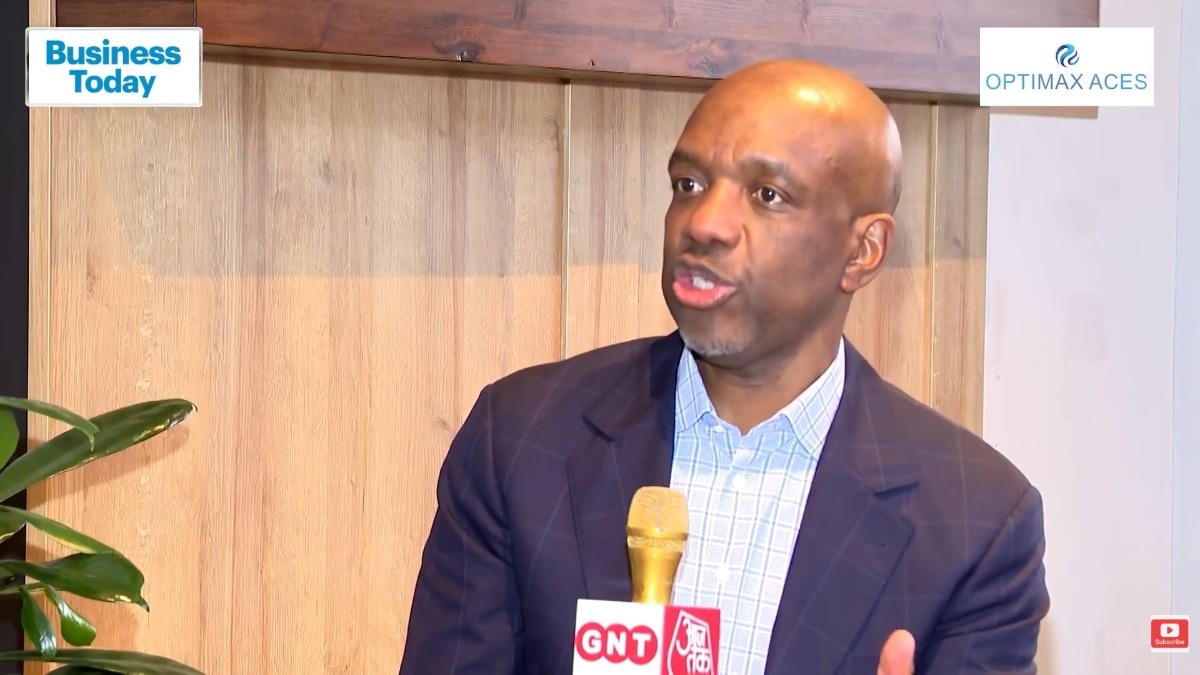Highlights
Dell Cybersecurity Strategy in the Age of AI
Dell Technologies World held in Las Vegas provided a stage for the company’s President and Chief Security Officer, John Scimone, to share insights on Dell’s cybersecurity approach amid advancements in artificial intelligence. In an exclusive conversation with Startup Superb, Scimone elaborated on what he termed as the company’s three core security imperatives related to AI: employing AI responsibly, defending against AI-driven threats, and harnessing AI to enhance security operations.
AI: Risk, Shield, and Tool
Scimone recognised the dual challenge organisations face today: ensuring the security of internal AI systems while being prepared to combat adversarial AI used by malicious entities. Among the three imperatives, he expressed enthusiasm for the potential of AI to bolster security capabilities.
He questioned how the security team could leverage AI to improve job performance, highlighting this aspect as the most thrilling of the three imperatives.
Describing AI as a possible game-changer, he noted the historical imbalance between cyber attackers and defenders. He stated that the cybersecurity industry has been on the losing side for decades, and now there lies an opportunity to reverse this trend.
AI can bring essential “volatility” into the cybersecurity landscape, disrupting established patterns and shifting the advantage back to defenders.
Addressing Workforce Gaps and Complexity
Scimone pinpointed two significant challenges where AI can play a key role: a critical shortage of skilled cybersecurity professionals and the increasing complexity of modern technology environments. He noted that there exists a major disparity in the labour market, with millions of roles surpassing the number of qualified individuals in the field.
AI’s capability to enhance human productivity can assist in bridging this gap, while its ability to simplify complex environments will be invaluable for securing extensive, dynamic infrastructures.
When questioned about the potential vulnerabilities of simpler environments, Scimone disagreed. He stated that simplicity does not equate to insecurity. Instead, more standardised, streamlined, and predictable environments are easier to secure.
Data Quality, Sovereign AI, and Ethical Use
In discussions around open-source AI and the escalating concerns regarding data scraping, Scimone highlighted the significance of data quality.
He pointed out that low-quality data results in poor outcomes, underscoring the necessity of curating internal datasets for reliable business results.
Scimone also addressed the notion of sovereign AI and the increasing preference among nations to control their AI infrastructure and data movements. While governments might view AI as a national asset, he explained this perspective often clashes with the inherent tendency of data to be freely accessible. He stressed the importance of intentional and careful data management policies.
Reiterating Dell’s commitment to ethical AI usage, Scimone pointed out that this commitment reflects the company’s principles of responsible AI implementation.
Embedding Security into Consumer Products
Shifting focus to consumer technology, Scimone mentioned that customers are becoming more informed about cyber threats, expecting security measures to be an integral part of products rather than an afterthought. He confirmed that Dell’s core strategy aims to embed security and resilience in all offerings.
He showcased innovations like Dell’s “cyber vault” designed for ransomware protection and “self-healing and image recovery” tools that efficiently restore encrypted devices following an attack. These innovations emerged from what Scimone referred to as Dell’s attentive approach to customer feedback.
Governance, Data Residency, and Deepfakes
Scimone also discussed the governance of generative AI, an area evolving rapidly with significant implications for privacy and intellectual property. Dell has established an AI governance board to manage its internal AI adoption in a responsible manner. He advised organisations against defaulting to a ‘no first’ mindset, suggesting those that embrace AI responsibly will achieve success more quickly.
On issues related to data residency, particularly pertinent to countries like India, Scimone acknowledged rising concerns about data traversing international supply chains. He observed a growing interest in on-premise architectures for sensitive applications, emphasising that Dell’s decades of secure supply chain practices remain a competitive edge.
Reflecting on the increasing risks associated with deepfakes, Scimone characterised it as a “brave new world” where the distinction between reality and fabrications is becoming perilously blurred.
He called for enhanced training efforts for employees and children about defining reality and advocated for stricter business process controls while detection technologies continue to advance.







